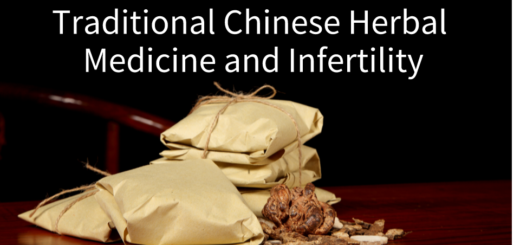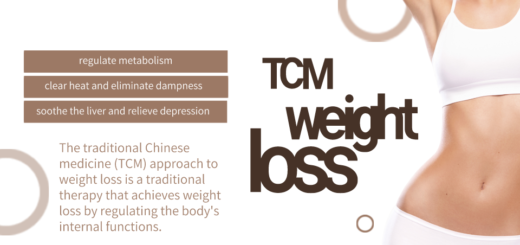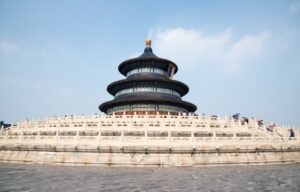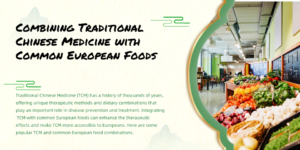Can You Take Western Medicine While Seeing a Traditional Chinese Medicine Practitioner?
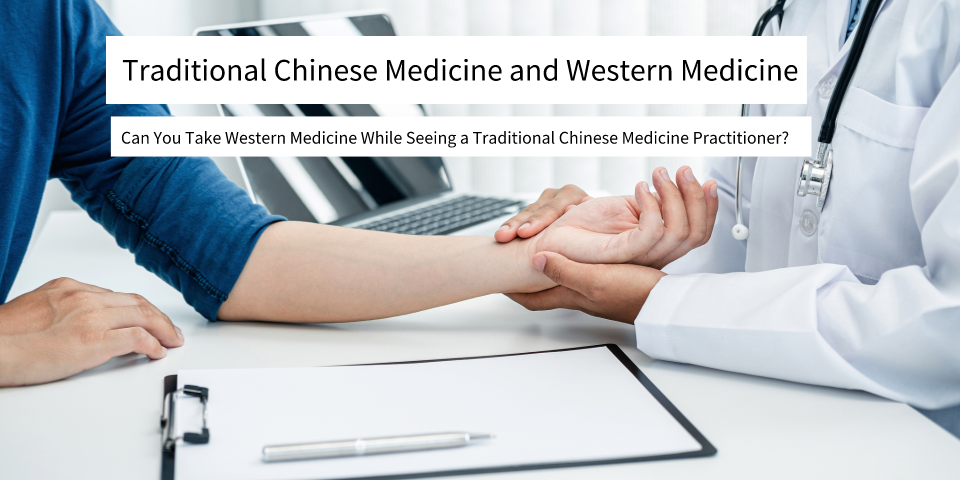
With the increasing prevalence of integrative medicine, the question of whether it is safe and effective to use both Traditional Chinese Medicine (TCM) and Western medicine simultaneously has become a significant topic of interest. Both TCM and Western medicine have unique theoretical systems and treatment methodologies. Exploring their combined use can potentially enhance therapeutic outcomes, provided that it is done under professional guidance and with careful consideration of potential interactions.
## Theoretical Foundations of TCM and Western Medicine
Traditional Chinese Medicine (TCM) focuses on a holistic approach and syndrome differentiation, aiming to restore balance within the body by regulating the flow of qi and harmonizing yin and yang. TCM treatments often include herbal medicines, acupuncture, and dietary recommendations, all tailored to the individual’s specific condition【1】.
Western medicine, on the other hand, is based on modern scientific principles and biomedical models. It emphasizes identifying and treating the underlying causes of diseases through pharmaceuticals and surgical interventions. Western medicine is characterized by its precision, quick symptom relief, and standardized treatment protocols【2】.
## Advantages of Integrating TCM and Western Medicine
### Benefits of TCM
1. **Holistic Approach**: TCM’s holistic approach addresses the entire body rather than just the symptoms, promoting overall well-being and balance【3】.
2. **Chronic Conditions**: TCM has shown effectiveness in managing chronic diseases and conditions where Western medicine may have limited options, providing symptomatic relief and improving quality of life【4】.
3. **Fewer Side Effects**: TCM treatments, when appropriately administered, often have fewer side effects compared to some Western pharmaceuticals【5】.
### Benefits of Western Medicine
1. **Acute and Emergency Care**: Western medicine excels in acute and emergency situations, offering rapid diagnostics and treatments that can be life-saving【6】.
2. **Infection Control**: Antibiotics and antiviral drugs are highly effective in controlling infections, which is an area where TCM may not provide immediate results【7】.
3. **Precision and Standardization**: Western medicine benefits from highly standardized treatment protocols and extensive clinical trials that ensure efficacy and safety【8】.
## Feasibility of Simultaneous Use of TCM and Western Medicine
Clinical practice increasingly supports the combined use of TCM and Western medicine. Research indicates that integrating these approaches can yield better outcomes for patients, enhancing therapeutic efficacy and reducing adverse effects【9】.
### Clinical Evidence
1. **Hypertension**: Studies have shown that combining TCM treatments like Tianma Gouteng Decoction with Western antihypertensive drugs such as enalapril can result in better blood pressure control and fewer side effects【10】.
2. **Diabetes**: Research indicates that TCM herbs like astragalus and salvia, when used alongside Western medications such as metformin, improve glycemic control and enhance patients’ overall health status【11】.
3. **Cancer**: In oncology, integrating TCM with conventional chemotherapy and radiotherapy can alleviate side effects, boost immune function, and improve patients’ quality of life. Herbal medicines such as ginseng and astragalus have been particularly noted for their supportive roles【12】.
## Precautions in Combining TCM and Western Medicine
While the combined use of TCM and Western medicine offers numerous advantages, certain precautions are essential to ensure safety and effectiveness:
### Drug Interactions
Potential interactions between TCM and Western medicines can alter the efficacy or increase the toxicity of the treatments. For instance, some TCM herbs may affect the metabolism of Western drugs, leading to altered blood levels and increased risk of side effects. Therefore, understanding the pharmacokinetics and pharmacodynamics of both types of medicines is crucial【13】.
### Individualized Treatment
Each patient’s condition is unique, and treatments should be tailored to their specific needs. A one-size-fits-all approach is inappropriate. Both TCM and Western medicine practitioners should collaborate to design individualized treatment plans that consider the patient’s overall health, disease state, and personal circumstances【14】.
### Professional Guidance
The integration of TCM and Western medicine should always be conducted under the supervision of qualified healthcare professionals. Practitioners must be well-versed in both medical systems to appropriately manage and monitor treatments. Professional guidance ensures that therapeutic strategies are safe, effective, and evidence-based【15】.
## Conclusion
In summary, combining Traditional Chinese Medicine with Western medicine can be beneficial, enhancing therapeutic outcomes and reducing adverse effects when done correctly. Both medical systems have unique strengths that, when integrated, can provide comprehensive care to patients. However, careful consideration of drug interactions, individualized treatment plans, and professional supervision is imperative. As research continues to evolve, the integrative approach will likely become more refined and widely accepted, contributing to the advancement of holistic and effective healthcare.

